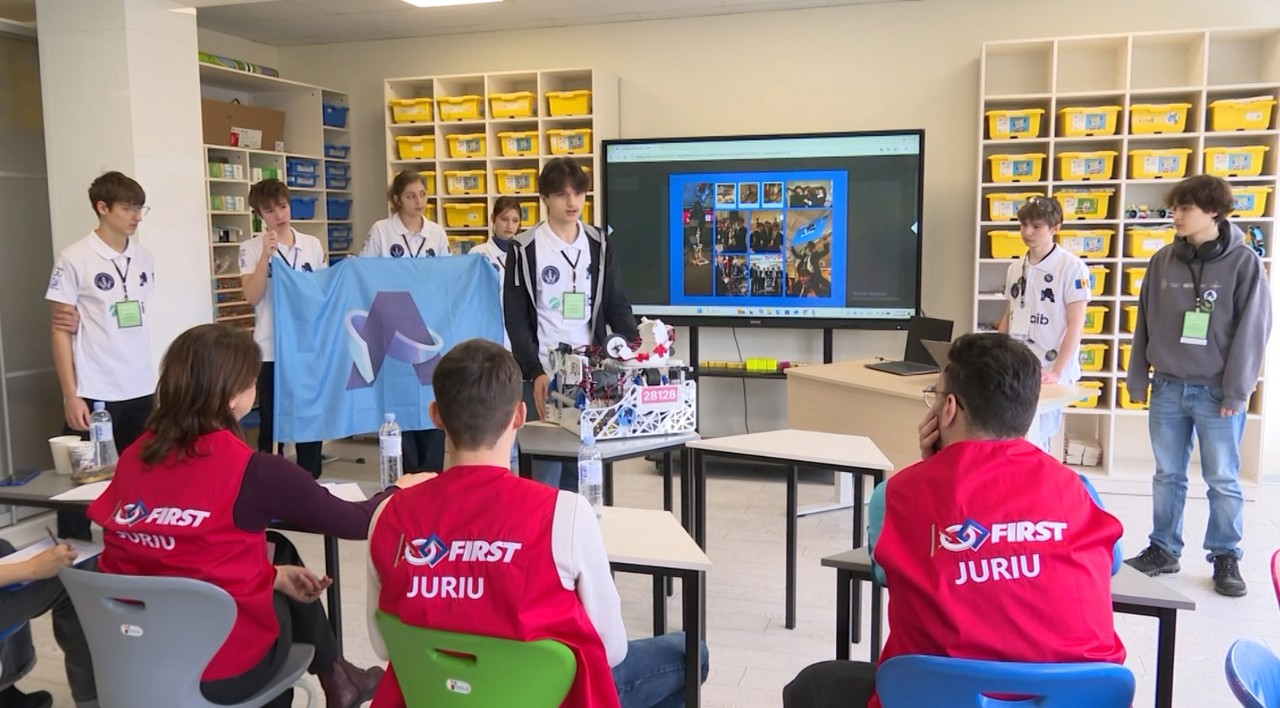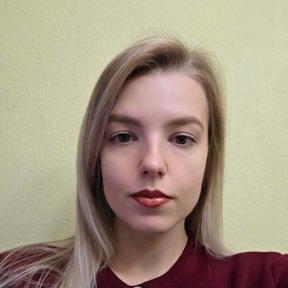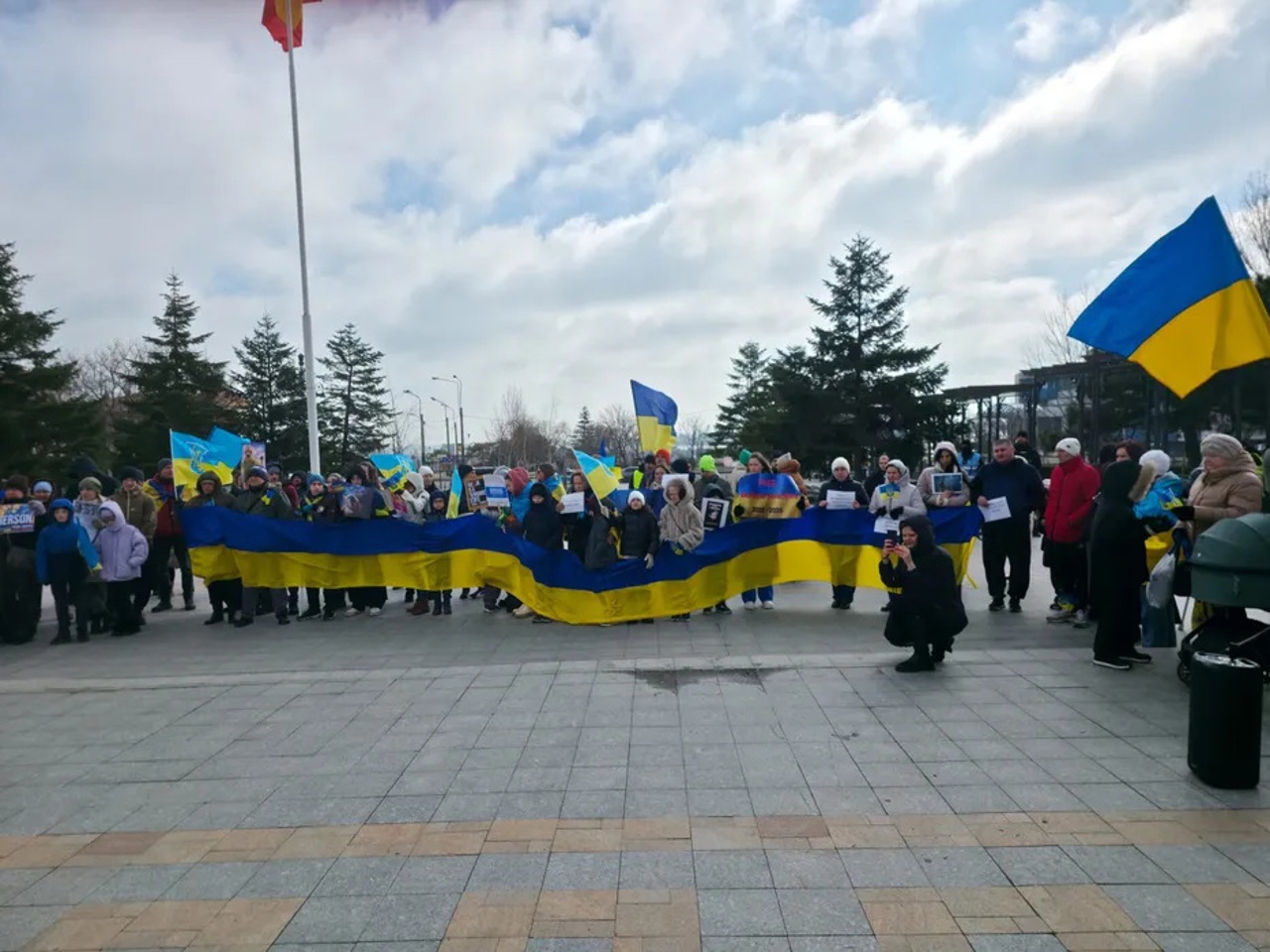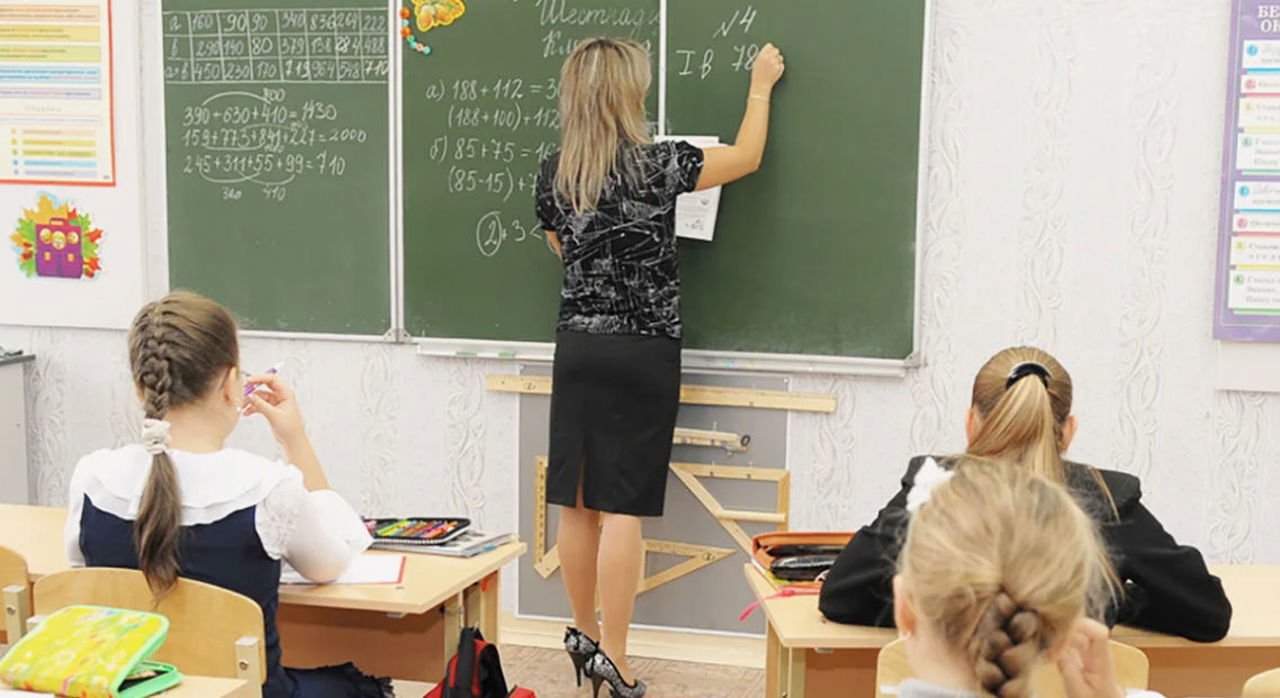AI's growing presence discussed on day three of Education Week
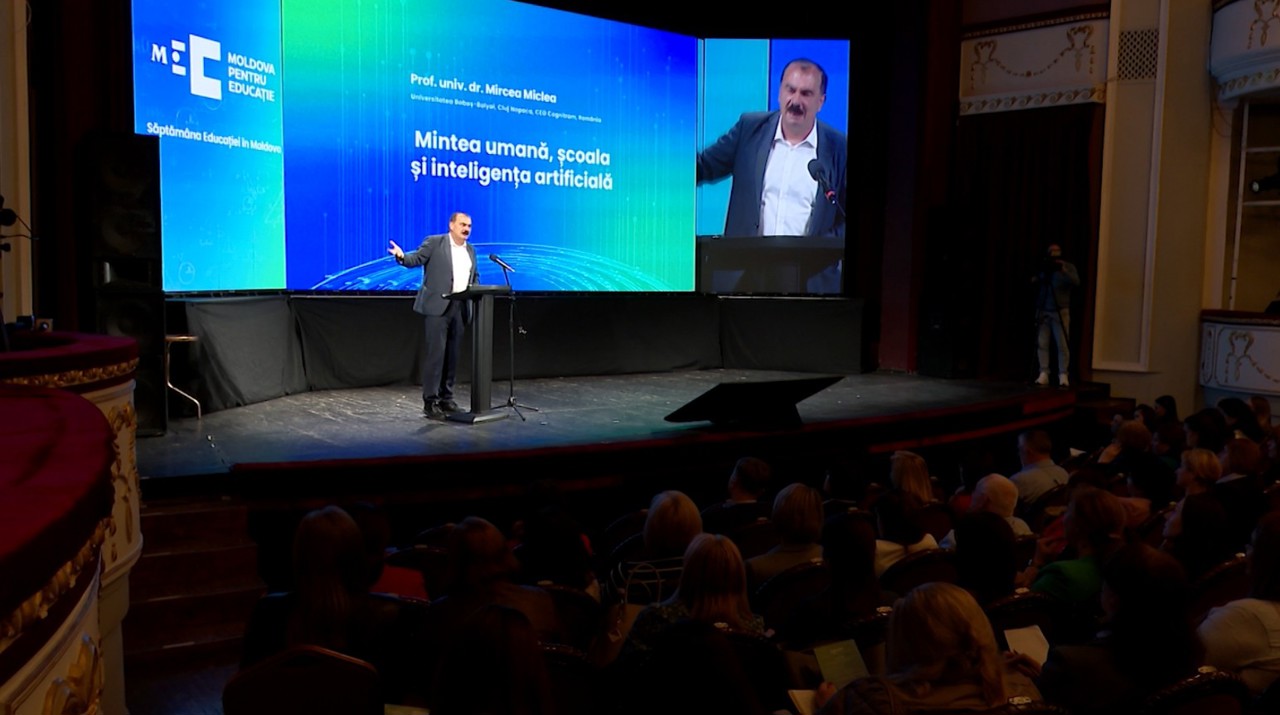
Artificial intelligence is increasingly impacting the educational system. Students acknowledge that they use AI-based tools, but they do so in moderation. Teachers emphasize the need to adapt to new technologies to prevent excessive reliance on AI. Additionally, professionals in the field recognize the necessity of developing accurate methods for identifying texts generated by artificial intelligence in academic works, such as bachelor's and master's papers.
Young people admit that they use intelligent platforms to adapt their lessons, but at the same time, they acknowledge that new technologies could replace the human factor in many professions:
"Most young people use artificial intelligence for teaching purposes, but it is disappointing that some professions will disappear shortly due to technological progress!".
"It was very difficult until now, it was a pretty huge challenge. looking at the current generation, I say that it is too easy for them".
"Yes, I use it when I need to find information quickly; I turn to artificial intelligence. The moment we abuse artificial intelligence, it becomes a problem".
Teachers claim adapting to new technological realities is inevitable, without excluding human communication.
"We can adapt it into games for children aged six or seven, in the preparatory group. It's something interesting; we have to be with innovations", says Nina Vîsoțchi, educator.
" Progress in education is a requirement and a necessity, but still, we primary school teachers feel more live communication, face to face", mentioned Nina Mîndru, educator.
"I admit, they are useful and very welcome, but we use them less. Less often, we are more with books, with stories", says Ludmila Canțîr, educator.
Specialists in education and technology point out that artificial intelligence is not a danger in itself but a tool that must be understood and used responsibly.
"You cannot become a skilled doctor, expert, skilled teacher, engineer, or any expert if you rely only on what chatgpt gives you, no matter how smart and advanced the chatgpt is, you must know your head", stated Mircea Miclea, professor at Babeș-Bolyai University in Romania.
Now, the education authorities must establish clear rules for using technologies to ensure the integrity of academic works.
*"We will move towards written and oral assessments without using digital devices. We are thinking about how to rethink bachelor's papers and how to detect the use of this software. We do not yet have the solutions, but we will work with the IT community in Moldova," declared the Minister of Education, Dan Perciun.
"We must find what is best for our children and take special care of students, teachers, and the entire educational process. Now that information is omnipresent, it is essential to find ways to make our children curious", said Prime Minister Dorin Recean.
We remind you that the Education Week in the Republic of Moldova, organized by the Ministry of Education and Research of the Republic of Moldova, has reached its second edition. Within this edition, dozens of events are organised with current topics in education for teachers, educators, managers of institutions, students, pupils, and parents. The Education Week ends on Sunday, May 25, with a large-scale event dedicated to promoting universities in Moldova and the teaching profession, to which over 4,000 graduates from all over the country are expected.

